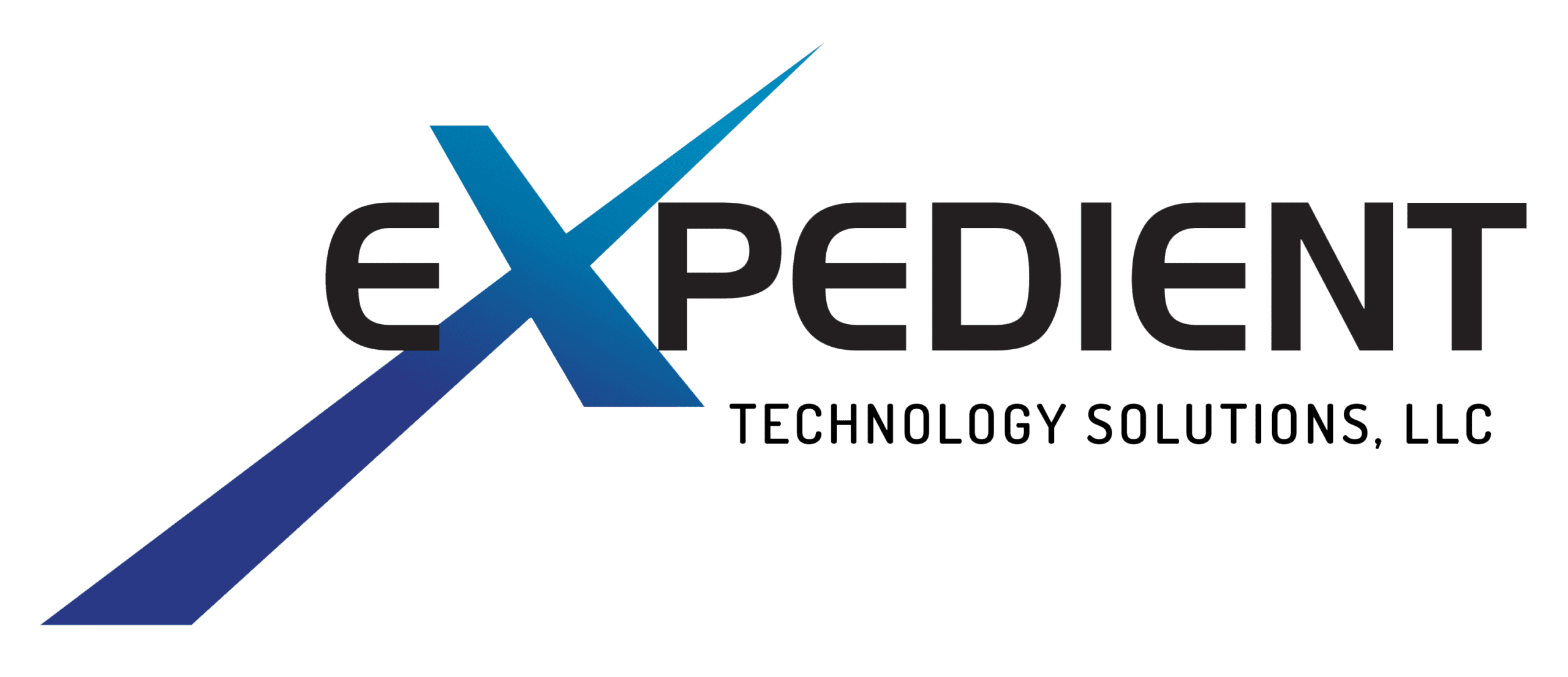COVID-19 and the accompanying quarantine measures will likely change office operations for good. Even as establishments have begun to reopen, many companies are allowing (if not outright encouraging) their employees to continue working remotely. Businesses have implemented new conferencing tools for remote collaboration. Meanwhile, employees have become accustomed to working from their homes.
Now more than ever, the workplace has become a digital space that can be accessed from wherever you are. For those still using on-premise systems and local software, however, there is still a major tether to their physical workspace. With internal IT staff already stretched thin as they field the never-ending needs of remote workers, they don’t have time to tend to the needs of on-premise systems.
To truly be ready for the new era of office operations, more and more businesses are moving to cloud-based systems. Cloud-based servers and software as a service (SaaS) were already the dominant model before COVID hit. Roughly 3 out of 4 businesses run off SaaS. By the end of 2020, 67% of enterprise infrastructure will be cloud-based.
Though on-premise infrastructure and software comes with advantages such as ownership and physical access, they are also more expensive and less flexible than cloud-based solutions. With the near constant stream of updates being released for today’s software, cloud-based systems make life much simpler. They also offer significant savings on IT costs.
For most businesses, transitioning to cloud-based infrastructure is a positive step in all directions.
Migrating to the Cloud
Switching systems at a company can be intimidating. You will need to be thorough in your approach. It starts with an in-depth analysis of your current setup. Determine what needs to be carried over and what doesn’t. This is a great opportunity to streamline your infrastructure.
A list should be made of priorities, potential risks, and protocols to follow. It is also very helpful to create documentation regarding changes both employees and customers may experience. Though your software vendor will likely offer some degree of support, having the right IT partner can help significantly. In fact, it’s often much cheaper to hire a third-party IT company than to pay for top-tier vendor support.
At Expedient Technology Solutions, we’ve worked with both large and small businesses migrating from their on-premise infrastructure to cloud-based solutions. Whether you’re looking to transition to a cloud-based ERP or you’re moving from physical records to a digital system, we have the knowledge and experience you need.
Contact us today and see what our team of information technology specialists in Dayton, Ohio can do for you.
